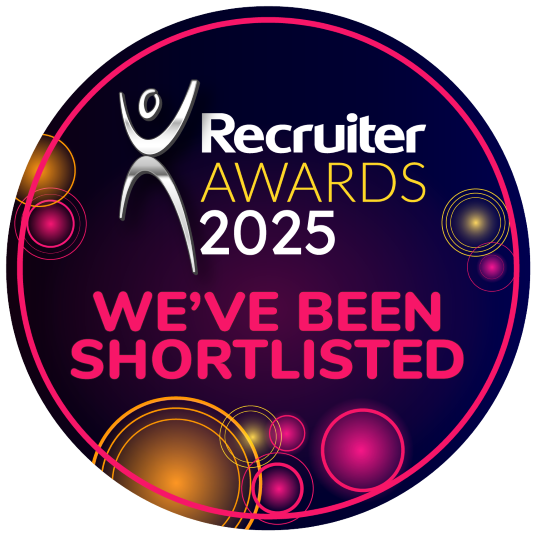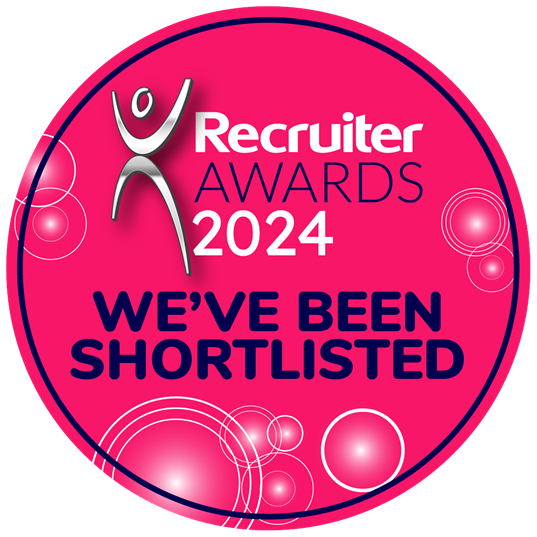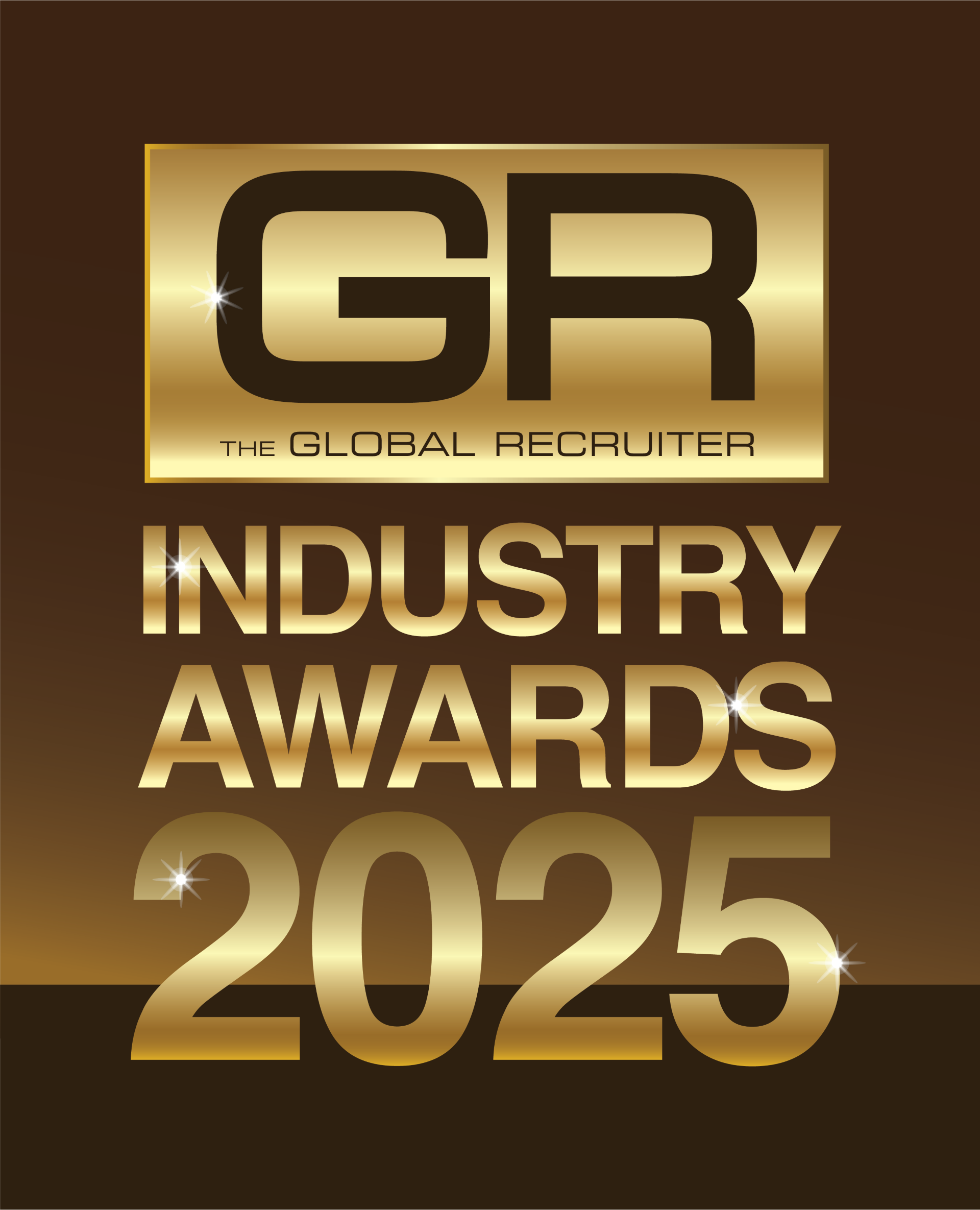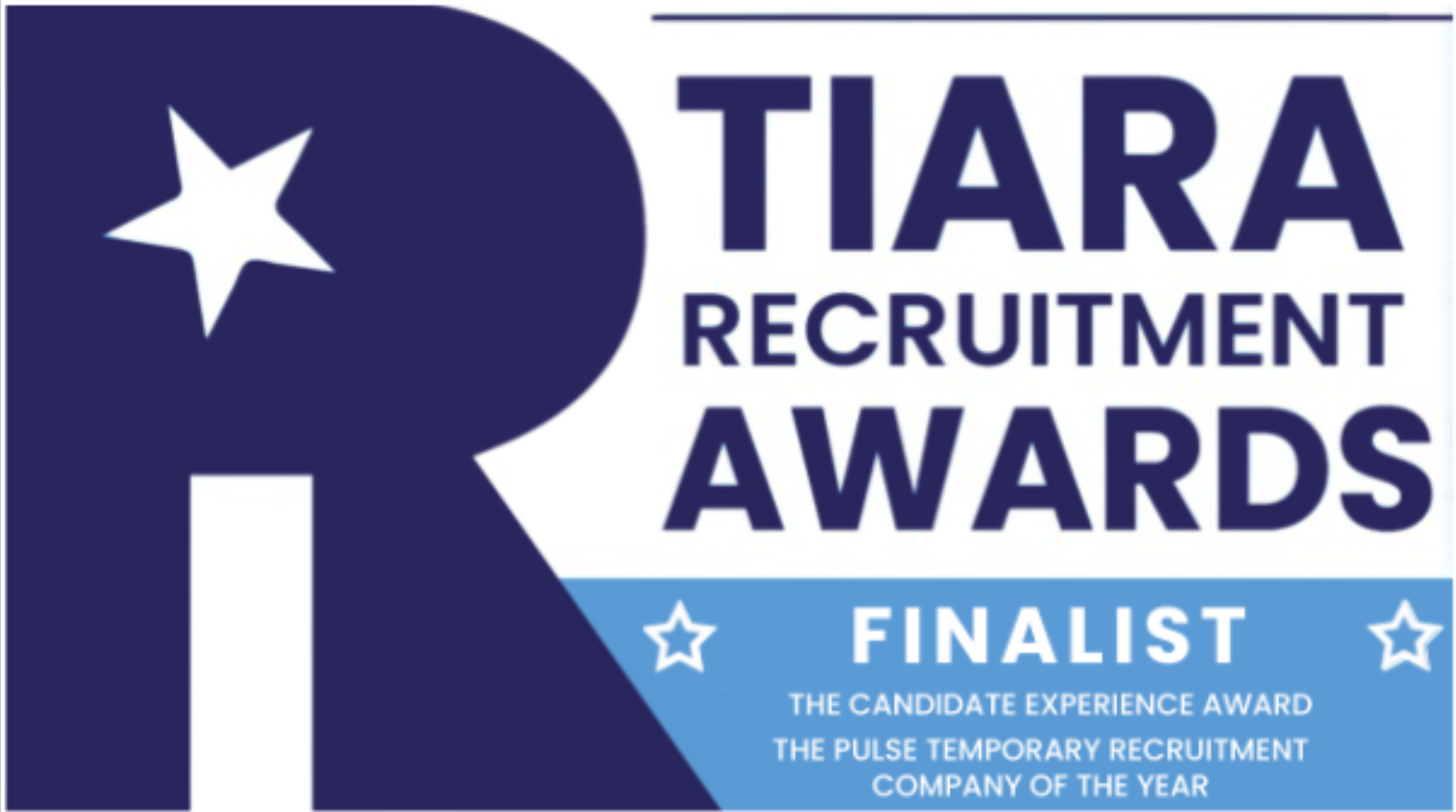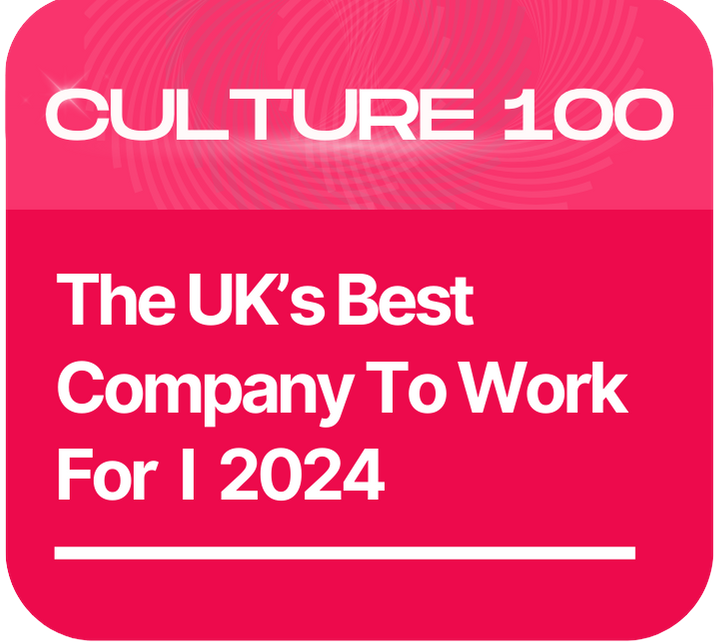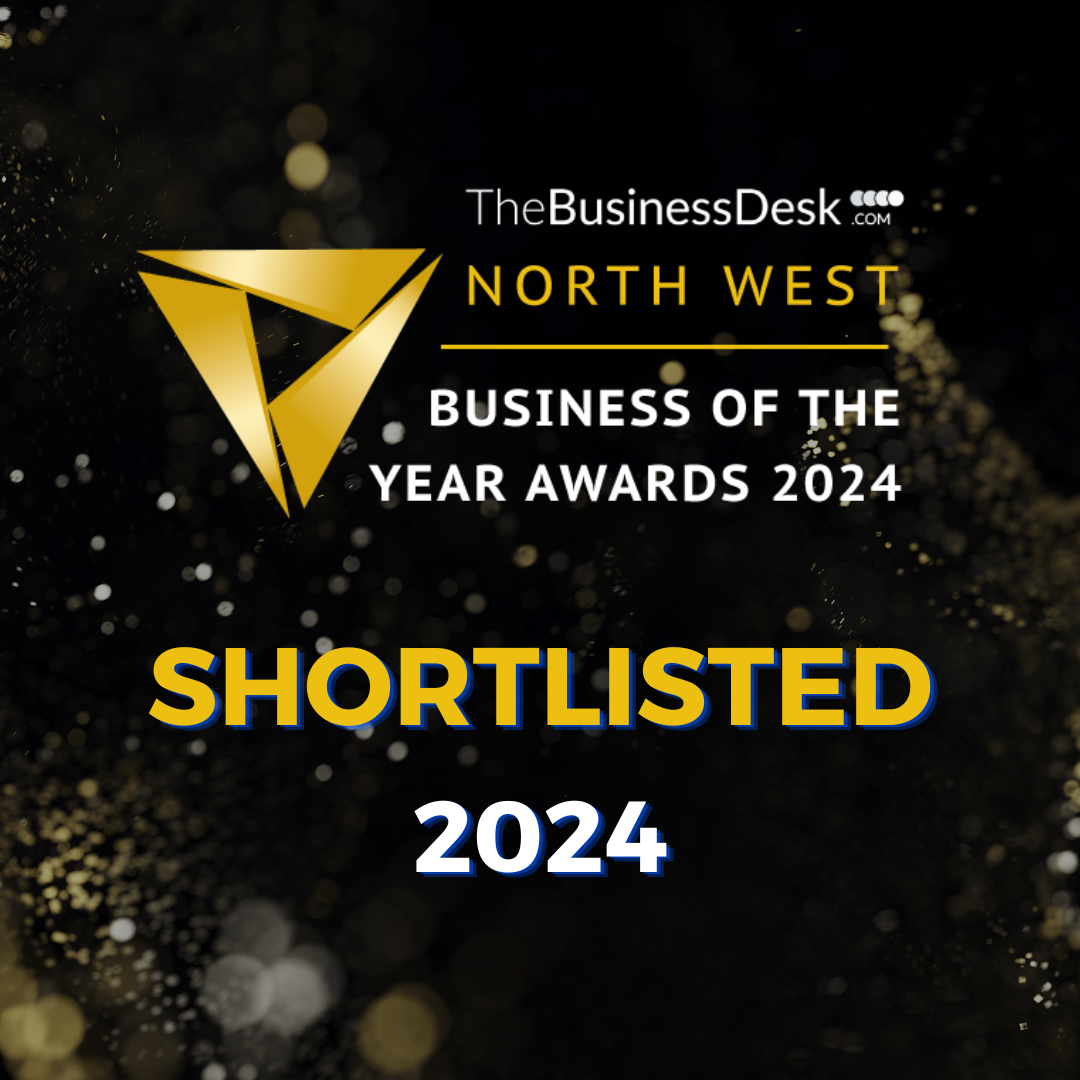Navigating Fire & Security Recruitment: Your Guide to Safety and Opportunities

Welcome to our Fire & Security recruitment insight blog! If you’re looking to build a career in safeguarding lives and property, understanding the sector, exploring available roles, tailoring your CV, acing interviews, and staying updated with industry trends are vital steps. In this comprehensive guide, we’ll delve into each of these aspects to help you find success in the fire & security industry.
Understanding the Fire & Security Sector
Every building in the UK is required by law to adhere to British Standard BS 5839 for fire compliance, meaning there is constant demand for small originations, SME and large multinational companies to meet safety standards and security standards. Services include the installation/service and commissioning of fire alarm access control, CCTV and intruder alarms.
Most companies will provide engineers for projects to help complete the 3 different stages:
- Installation stage (installing the products)
- Commissioning stage (checking installations are compliant to government regulations)
- Service stage (routine maintenance checks, usually annually. Fault finding and reactive call outs)

The Roles Available
At V7 Recruitment, our experts are recruiting, fire and security expertise to source and place top talent for fire and security projects across the UK, Ireland, and Europe. We specialise in recruiting:
- Installation Engineers
- Service Engineers
- Commissioning Engineers
- Project Engineers
- Design Engineers
- Project Managers
- Programme Leads
- Fire and Security Engineer
- Systems Technicians
- Field Service Engineer
- Small Works and Maintenance Engineer
- Technical Service Engineer
- Commissioning Engineer
Tailoring Your CV
When crafting your CV for the fire & security industry, emphasise relevant skills and experiences:
- Highlight Technical Proficiency: Showcase your knowledge of fire prevention, security systems, and relevant software.
- Detail Certifications and Training: List certifications such as SSSTS or SMSTS Card, System Accreditations such as Gent, Lenel or C-CURE, Fire Specific Qualifications etc.
- Demonstrate Problem-Solving Skills: Share instances where you’ve identified security risks and implemented effective solutions.
Interview Tips
- Research the Company and Sector: Understand the company’s specialisation, recent projects, and the latest advancements in fire & security to align your responses during the interview.
- Showcase Attention to Detail: Emphasise your keen eye for detail, vital in the fire & security sector, to prevent and identify potential risks.
- Highlight Communication Skills: Discuss your ability to effectively communicate safety measures and emergency procedures to diverse audiences.
- Exhibit Adaptability and Quick Decision-Making: Showcase situations where you’ve had to adapt swiftly and make sound decisions under pressure.
- Ask Pertinent Questions: Enquire about the company’s approach to emerging security threats and their commitment to continuous improvement and training.

Keeping Up with Industry Trends
- Integration of IoT and AI in Security Systems: Stay informed about how IoT and AI technologies are being integrated into security systems to enhance automation, analysis, and efficiency.
- Cybersecurity in Security Systems: Understand the increasing focus on cybersecurity within security systems to protect against cyber threats and breaches.
- Sustainable and Eco-Friendly Solutions: Learn about the trend towards environmentally friendly fire suppression systems and security solutions to align with sustainability goals.
- Emergency Response Technologies: Stay updated on emerging technologies that aid in emergency response and crisis management, improving overall safety measures.
The fire & security industry is a crucial pillar of safety and protection in our communities. By understanding the sector, tailoring your CV, acing interviews, and keeping up with industry trends, you’ll position yourself for a successful and impactful career in fire safety and security.
If you’re interested in joining the fire & security sector, or wanting a new role, get in touch with one of our experts today. Every candidate receives personalised assistance; from interview preparation and effective communication throughout the whole recruitment process, right up to your first day, you can trust that we will be there for you. We can also assist with setting up your limited company and insurances.
Explore Live Job Roles Here
Fire & Security Compliance Guide for 2026
GET IN TOUCH

